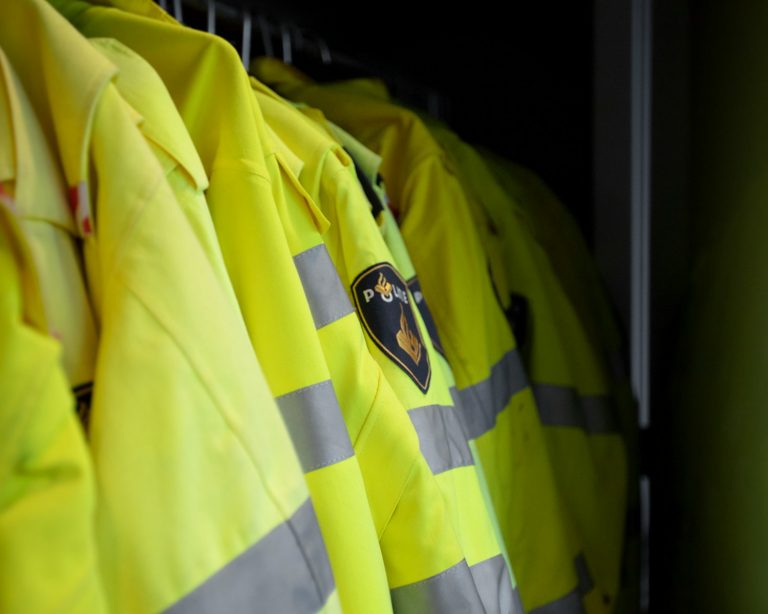Many different career fields bring with them specialized clothing and attire. While you may not think that a chef’s coat or a nurse’s shoes are that important, the reality is that many of these environments necessitate distinct clothing. Beyond just distinguishing a chef from a surgeon at first glance, these garments play a pivotal role in functionality, safety, and much more. Here, we explore the reasons behind the necessity of specialized uniforms in various professions, focusing on how they support the practical, safety, and identity needs of workers across different fields.
Story Stages
Safety First: Protecting Workers in Hazardous Environments
One of the most compelling reasons for specialized uniforms is the need for safety in hazardous work environments. For instance, firefighters wear suits made from advanced fire-resistant materials that provide critical protection against extreme heat and flames. These uniforms aren’t just about identity; they are engineered to reduce the risk of burns and heat-related injuries, enabling firefighters to enter dangerous situations with increased security.
Similarly, electricians wear clothing that resists electrical charges, preventing serious accidents that could lead to injuries or fatalities. This aspect of uniform design is vital in minimizing workplace hazards and ensuring that workers return home safely each day.
Recognizability and Ease of Identification
Specialized uniforms also serve the important function of making professionals easily identifiable, which can be crucial in emergency situations or when specific services are needed swiftly. For example, nurses wear scrubs, which are not only practical and comfortable but are also instantly recognizable by patients and other healthcare providers.
This immediate visual cue helps maintain efficient workflow and communication within healthcare facilities, ensuring that patients know whom to approach with their health concerns. The distinctive colors and patterns of scrubs can also be used to distinguish between different departments within hospitals, further streamlining processes and enhancing the overall system of care.
Hygiene and Cleanliness in Sensitive Environments
In many professions, maintaining a sterile or highly clean environment is critical. Workers in the food service industry, for example, are required to wear specific types of uniforms designed to uphold industry hygiene standards. These uniforms are typically easy to clean and resistant to stains, helping prevent the spread of bacteria and other contaminants. In medical fields, the importance of hygiene escalates; healthcare professionals wear uniforms that not only can be frequently and thoroughly washed but also reduce the risk of cross-contamination between patients.
Specialized Footwear: Essential for Safety and Comfort
The importance of specialized uniforms extends down to the footwear, where the choice of shoes can be as critical as the clothes worn. Construction workers, for example, often wear steel-toe boots, which are crucial for protecting feet from heavy falling objects and reducing the risk of crush injuries on the job site. These boots also typically feature slip-resistant soles to ensure stability on varied terrains, promoting safety through enhanced grip.
In healthcare, nurses rely on specific types of footwear designed to provide comfort during long shifts, where they may spend extensive hours on their feet. These nurse shoes are engineered for support, ease of movement, and durability, encapsulating the essence of specialized uniform requirements in a career where practicality and comfort are key.
Promoting Team Unity and Professional Pride
Uniforms do more than just meet physical needs; they also foster a sense of team unity and professional pride. Wearing a uniform can create a shared identity among colleagues, reinforcing a collective spirit and a professional atmosphere. In law enforcement, for instance, uniforms symbolize authority and commitment and are worn with pride by officers who view their attire as a representation of their duty and service to the community. This unity is crucial in professions requiring coordinated team efforts and supports a structured chain of command, enhancing operational efficiency and reinforcing the bond among team members.
Enhancing Functionality and Performance
Finally, the functionality offered by specialized uniforms is vital for many professions. Pilots, for example, wear uniforms equipped with pockets and accessories designed to hold essential navigation tools and documents. This functionality allows professionals to perform their duties more effectively, ensuring that necessary tools and devices are conveniently accessible. The design of these uniforms takes into account the specific conditions and requirements of the job, allowing workers to perform at their best under all circumstances.
